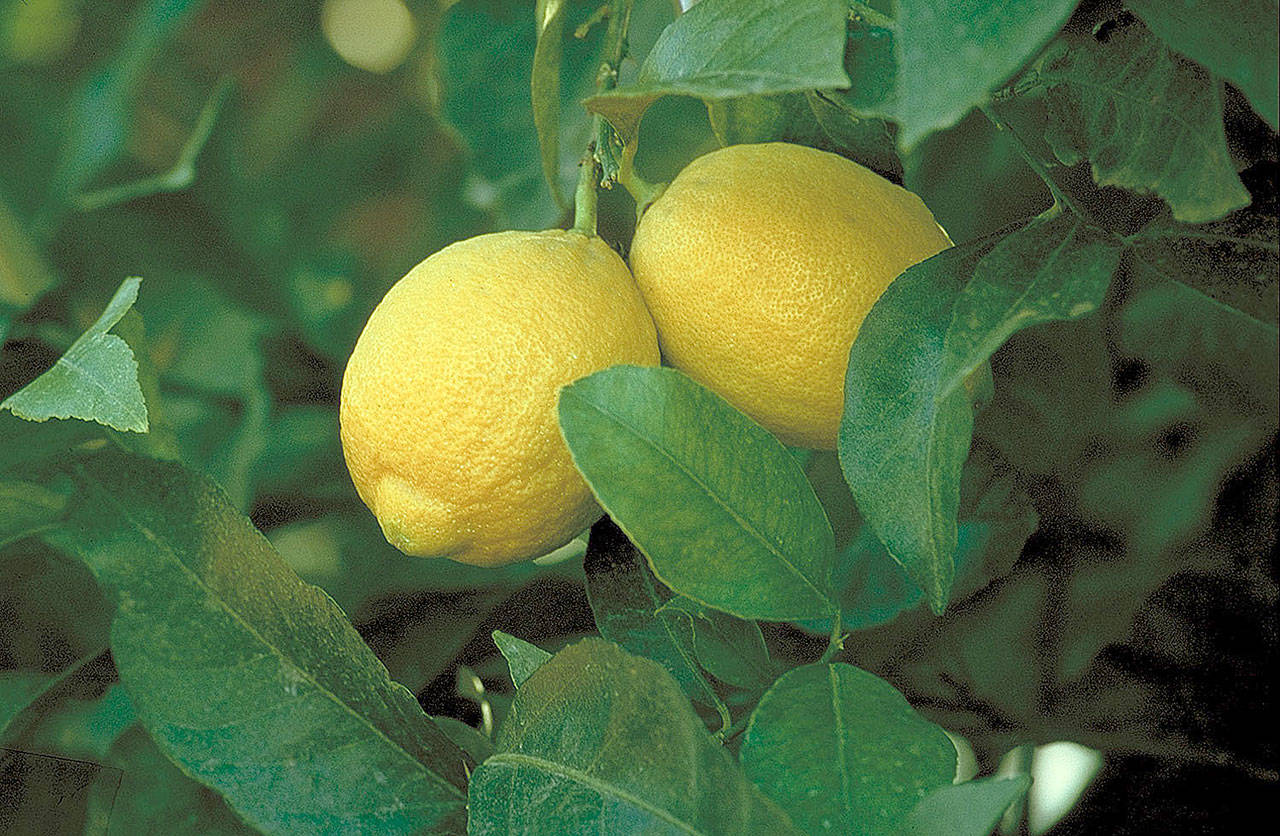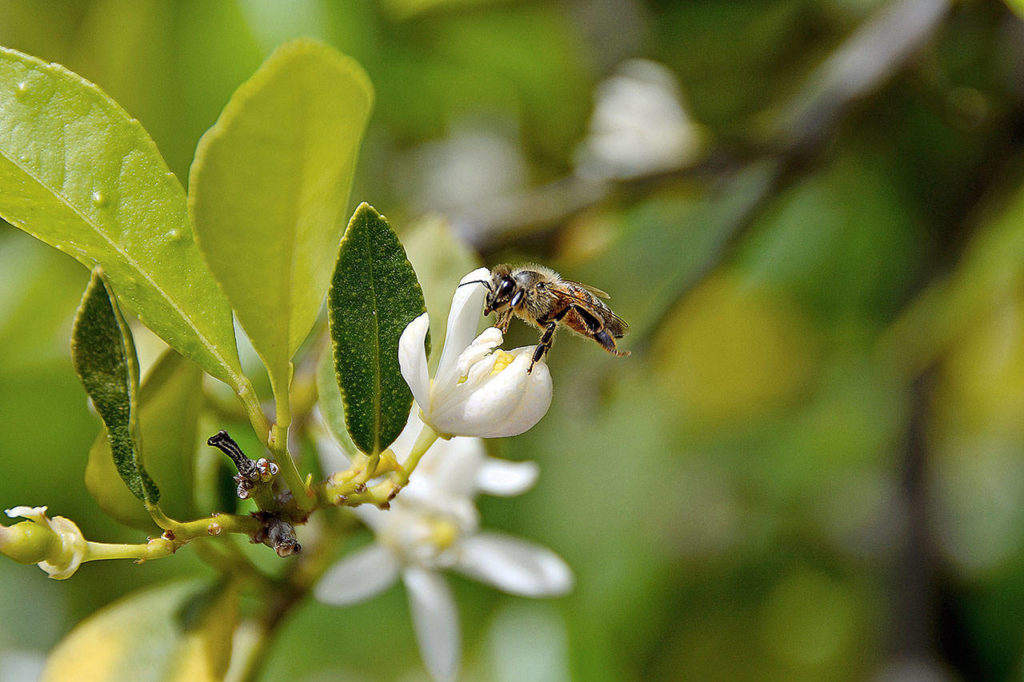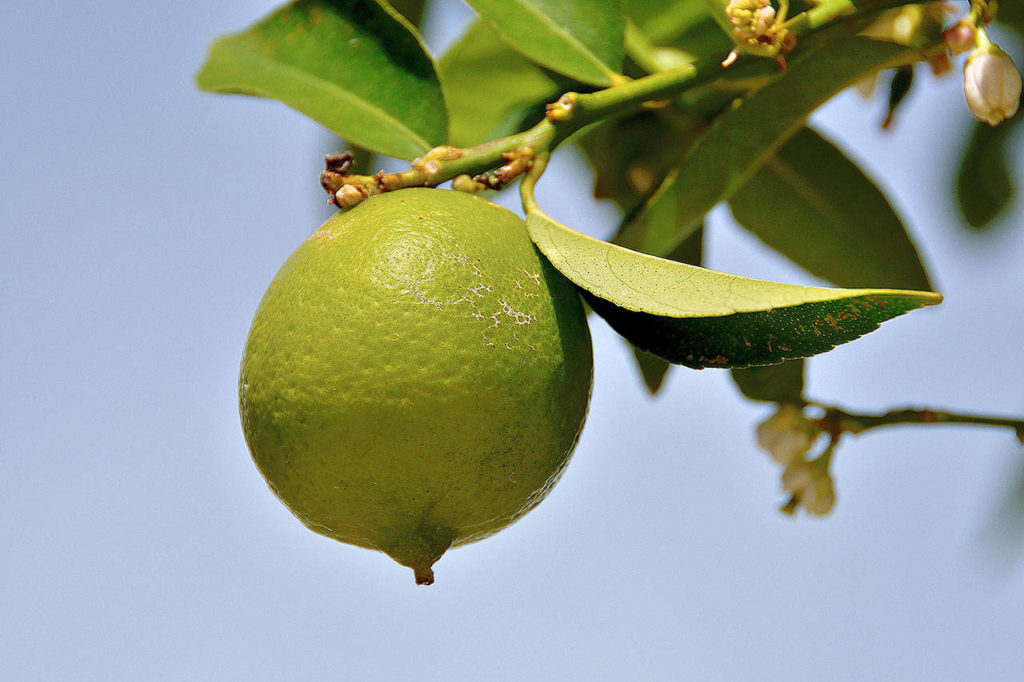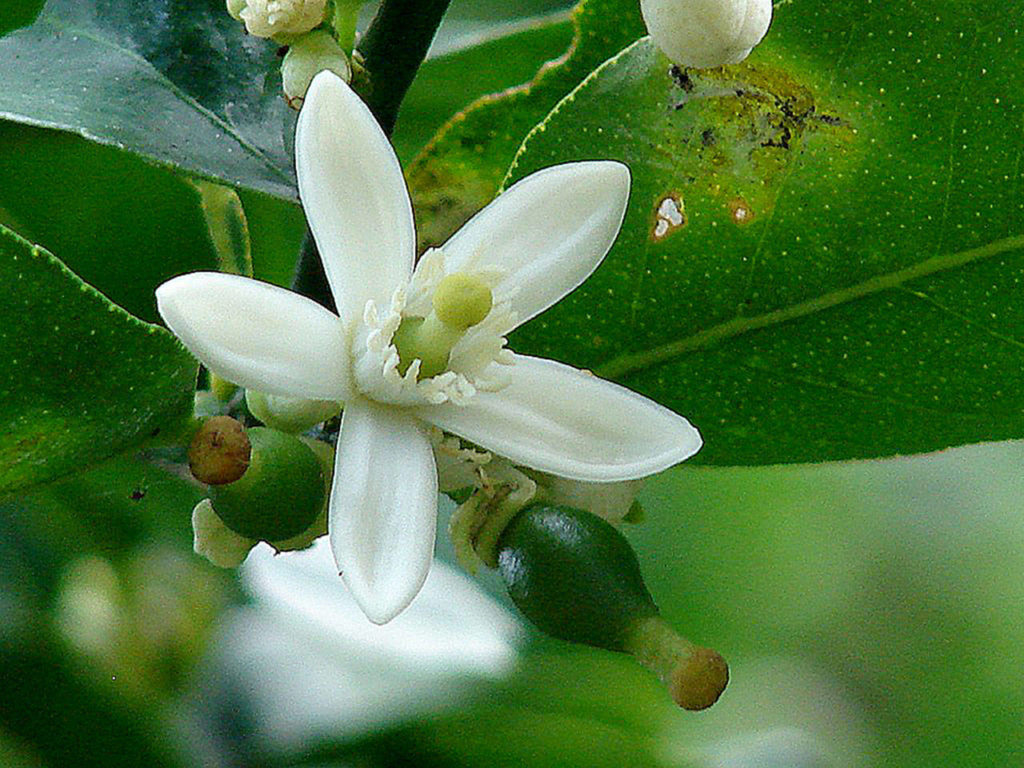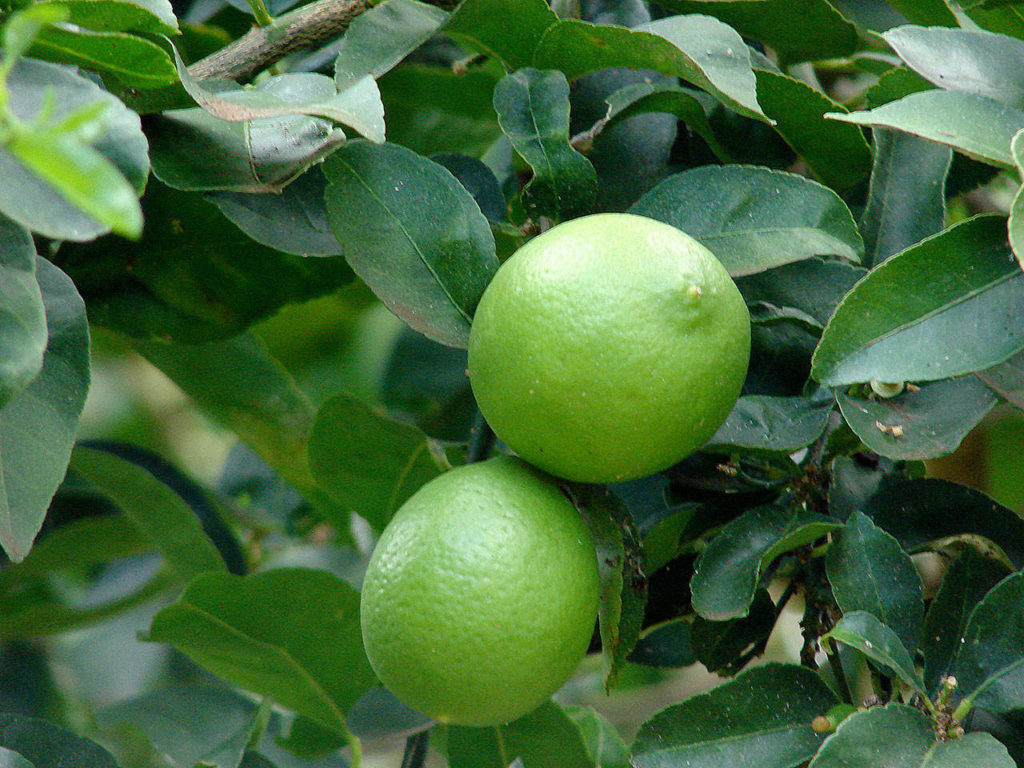I have mentioned many times over the years that I believe that we live in a horticultural paradise. There is very little we can’t grow successfully in our Pacific Northwest climate, and Lord knows I have tried it all at one time or another.
Pawpaws were once on my list, but no longer. Persimmons are another that, while they will actually grow quite well, rarely produce much in the way of edible fruit. Apricots are yet another that struggle to be productive due to their early-blooming nature and subsequent susceptibility to late frosts. Even figs need to be located in just the right heat-retentive area to yield a reliable harvest.
For all of these plants, success or failure often boils down to finding the right micro-climate and taking a few extra steps to foil the weather. Citrus trees are perfect examples of what we can pull off, if we just persevere.
While the term “citrus” can include many of the familiar crops we find in the market — such as grapefruit, tangerine, lemon, orange and kumquat — in practical terms, limes and lemons are the best choices for the adventurous gardener.
Both of these trees come in dwarf versions, which lend themselves to being grown in containers. The value of container-grown trees is twofold: First off, containers are portable and can be moved in and out of the house (or garage) when the mercury drops. Second, pots can also be moved around the garden or patio to maximize the sun exposure, which has the added benefit of warming the soil and the foliage, to improve the growth of the plant.
If you are interested in growing limes and lemons here, it should be noted that they will become house plants for five to six months out of the year (unless you have a heated greenhouse). Limes and lemons can actually make attractive house plants and are another great way to liven up your house by bringing the outdoors in.
The key to success with citrus is to locate them where they will receive the maximum amount of light possible — this means a south- to southwest-facing window (the larger the better). Citrus plants, as a whole, prefer a higher humidity level than that normally found in homes, so you will also need to mist the foliage and/or place the container in a shallow tray filled with rocks that can be filled with water.
A diluted acid-loving fertilizer will keep them looking green, along with the removal of any bugs. Be sure to check for insects in the fall before you bring your babies into the house for the winter, and then scout weekly for any unwanted visitors.
Once the weather starts to moderate in the spring — usually some time in late April or early May — you can gradually reintroduce your tree back into the landscape or patio and increase the fertilizer. Don’t put it out into the bright sun immediately or it could sunburn; acclimate it over the period of a week or two.
You can prune your tree almost any time just to keep it looking shapely; it won’t affect the fruit production. If the light is sufficient, the plants should produce flowers (which are about the sweetest smelling flowers in the world!) and subsequent fruit (you may have to take an artist’s brush to spread the pollen around), which will take several months to ripen — don’t expect huge harvests.
This whole exercise focuses more on the enjoyment of plant-keeping rather than vast fruit production.
As for varieties, the best lemon to grow is one call “Improved Meyer,” which is actually a cross between a lemon and a mandarin orange. The flesh is juicer and sweeter than a standard lemon, and the skin is actually sweet enough to eat. It will take a year or two to come into fruit production, but once started you should have fruit on the tree all year long. Just pick a few when you need some and leave the rest for future use.
When it comes to limes, “Bearss” is probably the most popular (you may also find it sold as Persian or Tahitian lime). Limes will grow pretty much the same as lemons, and should be harvested when you see a little yellow in the skin.
Remember, this is not California, Texas or Florida. If you want to make a lemon pie or some ceviche, go to the store and buy some lemons or limes. If you want to have some fun and grow something unique, try growing some citrus. If nothing else, you will have an attractive (house) plant with some delicious smelling flowers — and, hopefully, a few delicious fruits as well!
Steve Smith is the owner of Sunnyside Nursery in Marysville and can be reached at info@sunnysidenursery.net.
Talk to us
> Give us your news tips.
> Send us a letter to the editor.
> More Herald contact information.
